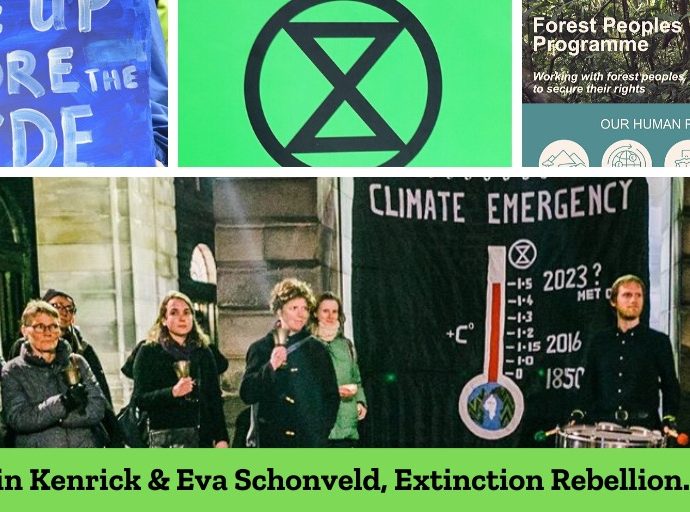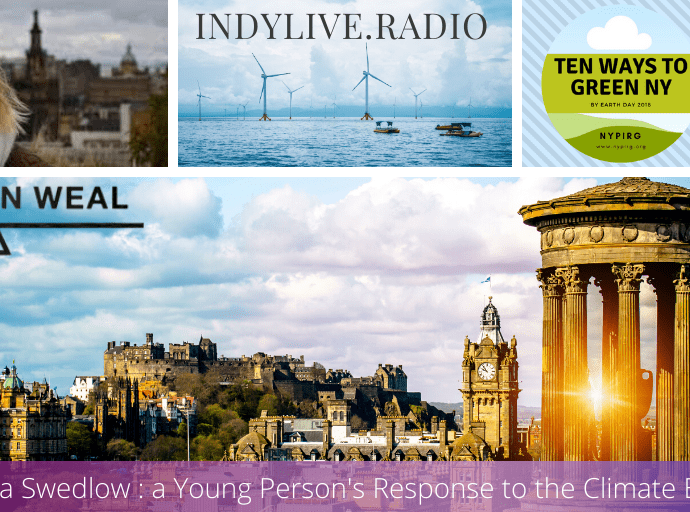A Green Deal for Scotland with Robin McAlpine: Pt 2
Robin McAlpine 31 January 2020
Part 2:
The ten themes covered by the plan:
These are related to UN Millennium Environmental Threats but the team asked which of these are a threat here in Scotland and then worked out how to adapt and mitigate in those areas.
We touch on : land reform, grouse moors, forestry. How we build sustainable energy solutions depends on local conditions, eg Glasgow could get 30% of its heat requirements for 40 years from water in its old mines. Derelict land and is a national resource and generally land will be at the heart of enacting the Common Home plan.
We don’t need a national land company. We need small land owners like the Nordic system. Of course the big land owners will be up in arms but there’s only about 500 of them. Changing land ownership patterns would also help redistribute wealth. It would help wildlife. A denser Scottish forest would be in better balance with wildlife, as it is in Norway. We could even reintroduce top predators like lynx and wolves.
Land use connects over to building which can be better done using wood than cement. A house built of wood is actually built of carbon.
Robin is emphatic that it’s not enough to talk about individual responsibility, it needs collective and connected systematic change. The ten sections included in the Common Home Plan are also interconnected and mutually beneficial.
We go on to talk about effect of implementing this plan on other countries and on our trade with them. One of our impacts on other countries at the moment is they use their land to export food to us, soya, palm oil. But that reduces their biodiversity and often degrades their soil. We have to reduce our impact to zero not only in Scotland but in the whole planet. Robin had a telling example: we eat a Spanish orange and then pee their water into our water system. Meanwhile in Spain they have water shortages and soil problems.
Planetary Zero is harder but it’s doable. It will need deglobalisation. We need to make more stuff for ourselves.. food, construction materials, domestic appliances, etc etc. We’re an energy rich country so energy for intensive hydroponic food production is no problem. So even avocados are still going to be available even in winter. We could even mimic climate conditions for Sicily and grow our own lemons.
Is this protectionism & isolationism? No, it’s re-industrialising our economy in a green sustainable way.
All of this discussion comes back to taking on board that everything in the world is interconnected and dependent on each other. Robin thinks the only exception to that might possibly be Piers Morgan brain.



